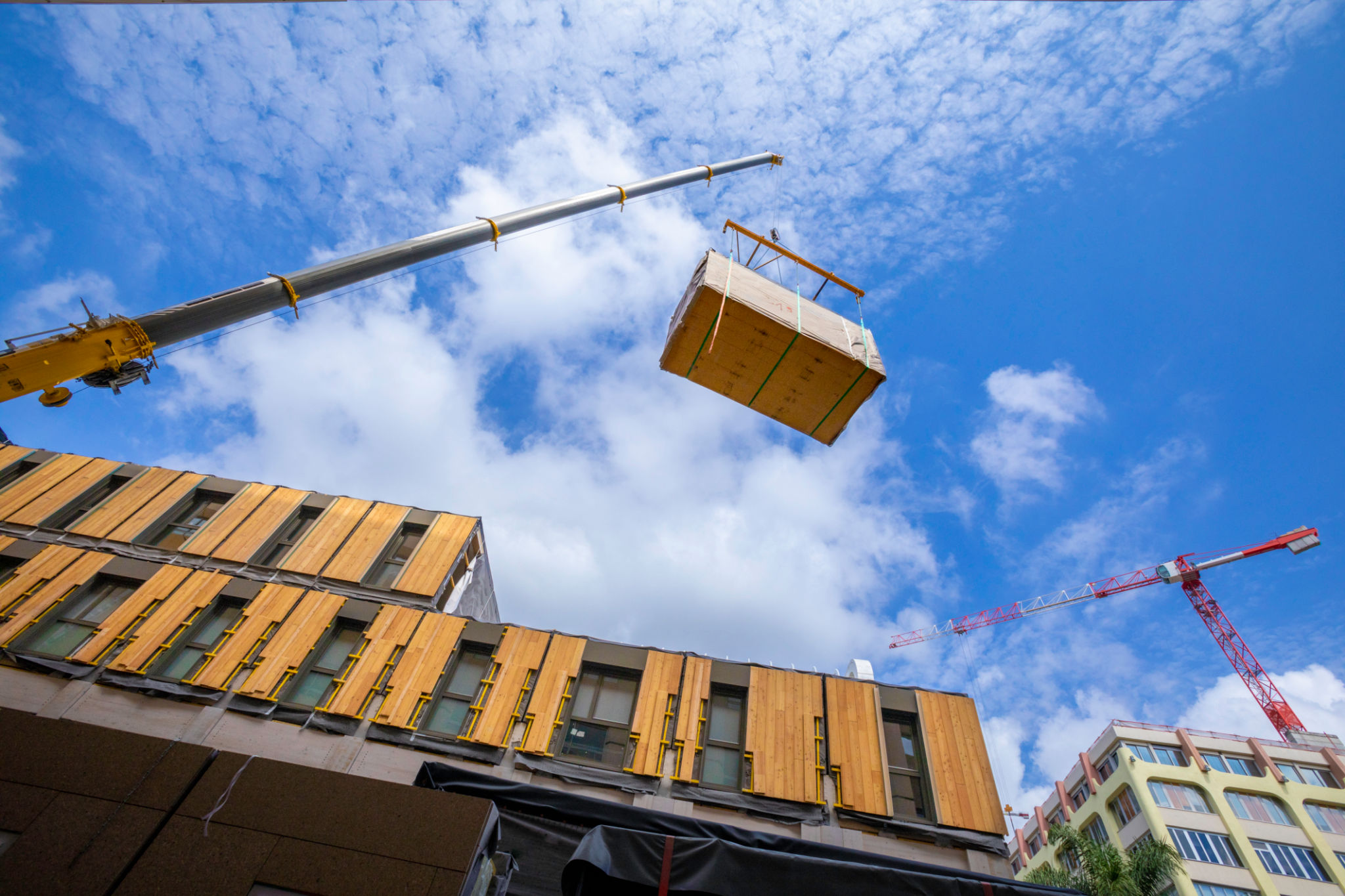Understanding UAE Construction Supply Regulations: What You Need to Know
YT
Introduction to UAE Construction Supply Regulations
In recent years, the construction industry in the United Arab Emirates has experienced rapid growth, making it a hub for global construction projects. However, this boom comes with a complex set of regulations and standards that must be adhered to by suppliers and contractors. Understanding these regulations is crucial for anyone looking to succeed in the UAE construction market.
Whether you're a local business or an international company looking to expand into the UAE, grasping these regulations can be the difference between success and costly missteps. In this blog post, we'll explore the essential aspects of UAE construction supply regulations that you need to know.

Key Regulatory Bodies
The construction industry in the UAE is governed by several regulatory bodies, each responsible for different aspects of the sector. The primary regulatory authority is the Ministry of Infrastructure Development, which oversees federal projects and ensures compliance with national standards.
Additionally, local municipalities play a significant role in regulating construction activities within their respective emirates. For instance, Dubai Municipality and Abu Dhabi Municipality have their own sets of regulations and guidelines that companies must follow. It's essential to understand the specific requirements of each emirate in which you plan to operate.
Compliance with Safety Standards
Safety is a paramount concern in the UAE construction industry. Suppliers and contractors must comply with stringent safety standards to ensure the well-being of workers and the public. This includes adherence to occupational health and safety regulations outlined by the UAE Federal Law No. 8 of 1980, as amended by Federal Law No. 12 of 1986.

Material and Equipment Standards
Another critical area of regulation involves the standards for construction materials and equipment. The Emirates Authority for Standardization and Metrology (ESMA) sets these standards to ensure quality and safety. Suppliers must ensure that all materials meet the required specifications before they are used in any project.
Similarly, equipment used in construction must be certified and regularly inspected to maintain compliance. Non-compliance can result in severe penalties, including project delays and fines.
Sustainability and Environmental Regulations
The UAE has made significant strides in promoting sustainable construction practices. Regulations now emphasize the use of eco-friendly materials and energy-efficient designs. The Estidama Pearl Rating System, implemented in Abu Dhabi, is one example of an initiative aimed at encouraging sustainable building practices.

Navigating Import and Export Regulations
For international suppliers, understanding import and export regulations is vital. The UAE imposes strict controls on imported goods to ensure they meet national standards. This includes obtaining necessary permits and certifications from relevant authorities.
Customs clearance procedures can be complex, so working with experienced logistics partners familiar with UAE regulations can streamline the process and minimize delays.
Staying Updated with Regulatory Changes
The regulatory landscape in the UAE is dynamic, with frequent updates and amendments to existing laws. To remain compliant, businesses must stay informed about any changes that might affect their operations. Regularly consulting with legal experts and industry associations can provide valuable insights into upcoming regulatory shifts.
In summary, understanding and adhering to UAE construction supply regulations is crucial for success in this vibrant market. By familiarizing yourself with key regulatory bodies, safety standards, material specifications, and sustainability initiatives, you can ensure compliance and capitalize on opportunities within the UAE's thriving construction industry.
